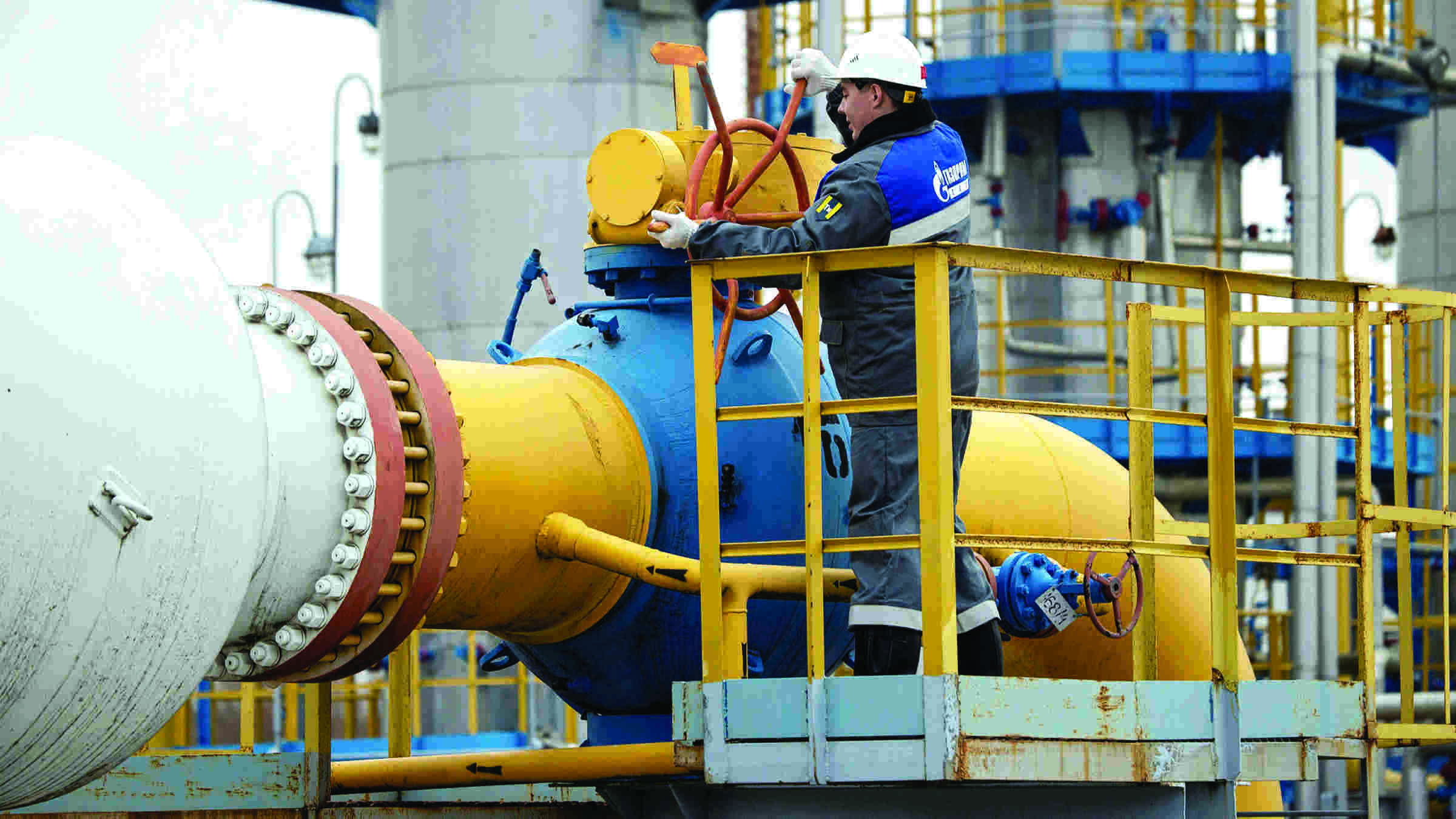EU plans for life without Russian gas, accuses Moscow of 'weaponising' energy

BRUSSELS: EU leaders on Friday warned that "cheap energy is gone" and agreed to boost preparations for further cuts in Russian gas, accusing Moscow of "weaponising" energy via a supply squeeze which Germany warned could partly shut its industry, Reuters reported.
A day after celebrations over setting Kyiv on the road to membership of the bloc, Friday's summit in Brussels was a sober reflection on the economic impact of Russia's invasion of Ukraine, with growing worries over soaring prices and warnings of a "tough winter".
"Inflation is a major concern for all of us," European Council chief Charles Michel told a news conference as the two-day summit ended.
"Russia's war of aggression is pushing up the price of food, energy and commodities," he said, adding that leaders had agreed to closely coordinate their economic policy responses.
The summit agreed few concrete steps but the leaders tasked the European Commission with finding more ways to secure "supply at affordable prices" because of "the weaponisation of gas by
Russia."
European Commission chief Ursula von der Leyen said the search for alternative supplies was already in progress, with U.S. LNG deliveries up 75 per cent this year from last year, and Norway pipeline gas deliveries up 15 per cent.
Besides, the EU executive will present a plan on preparedness for more gas cuts from Russia to leaders in July she said, adding: "Hope for the best, prepare for the worst. That's what we are doing right now."
The European Commission will come up with proposals and options to discuss at a next EU summit in October, including considering alternative market designs that would potentially include decoupling gas from the formation of the market price for electricity, von der Leyen said.
"We are working on different models, not only to look into how to curb the energy prices or electricity prices but also to look at the market design, with the question: is the market design we have today still fit for purpose?", she said.
One contentious issue is whether governments should step in to cap prices.
Spain and Portugal capped gas prices in their local electricity market this month, but other states warn price caps would disrupt energy markets and drain state coffers further, if governments had to pay the difference between the capped price and the price in international gas markets.
Leaders of the 27 EU nations placed the blame for a huge spike in prices and sagging global growth on the war that began exactly four
months ago.



